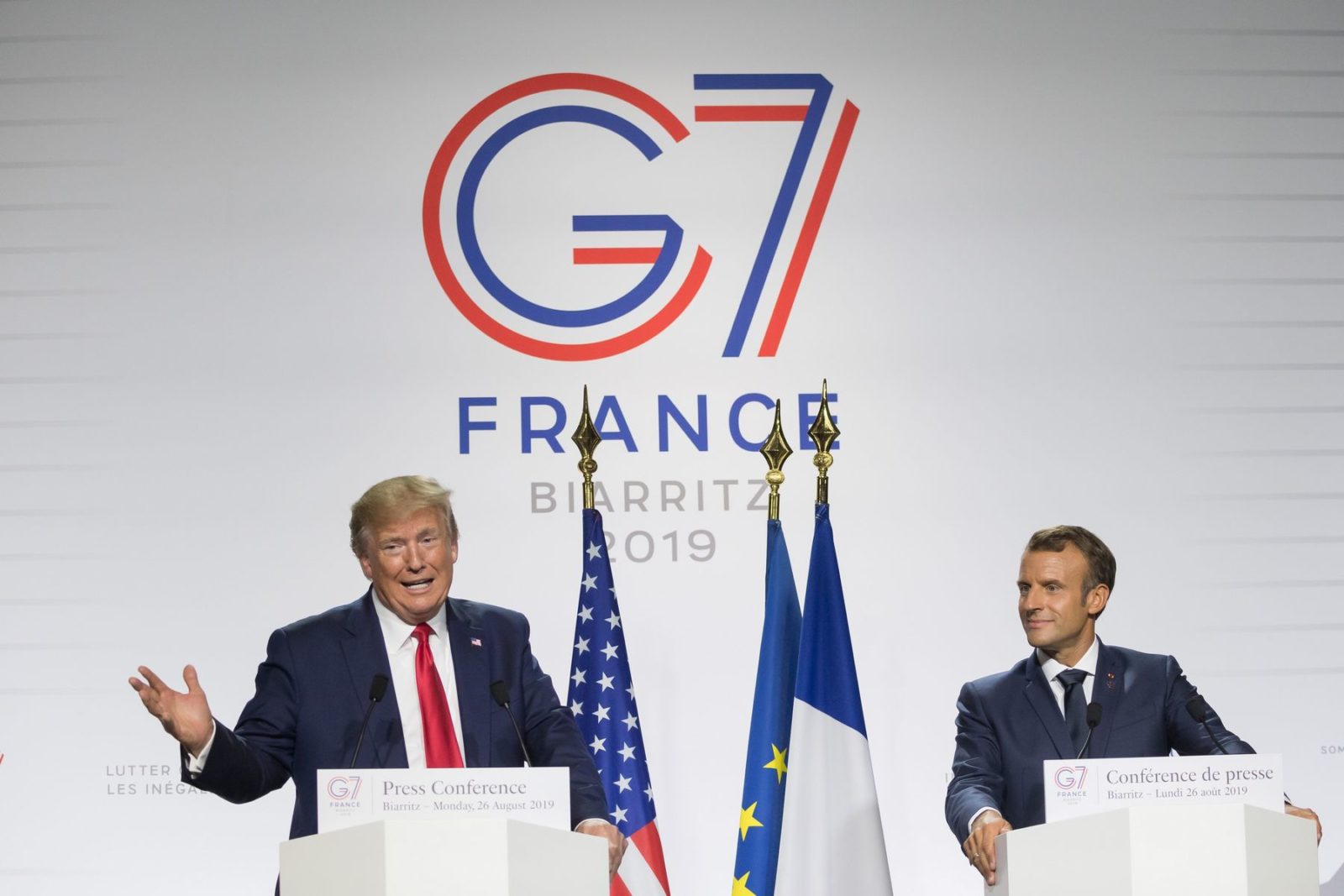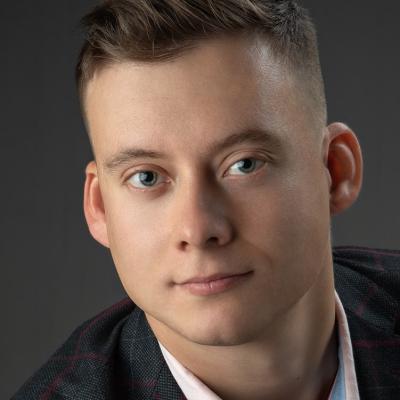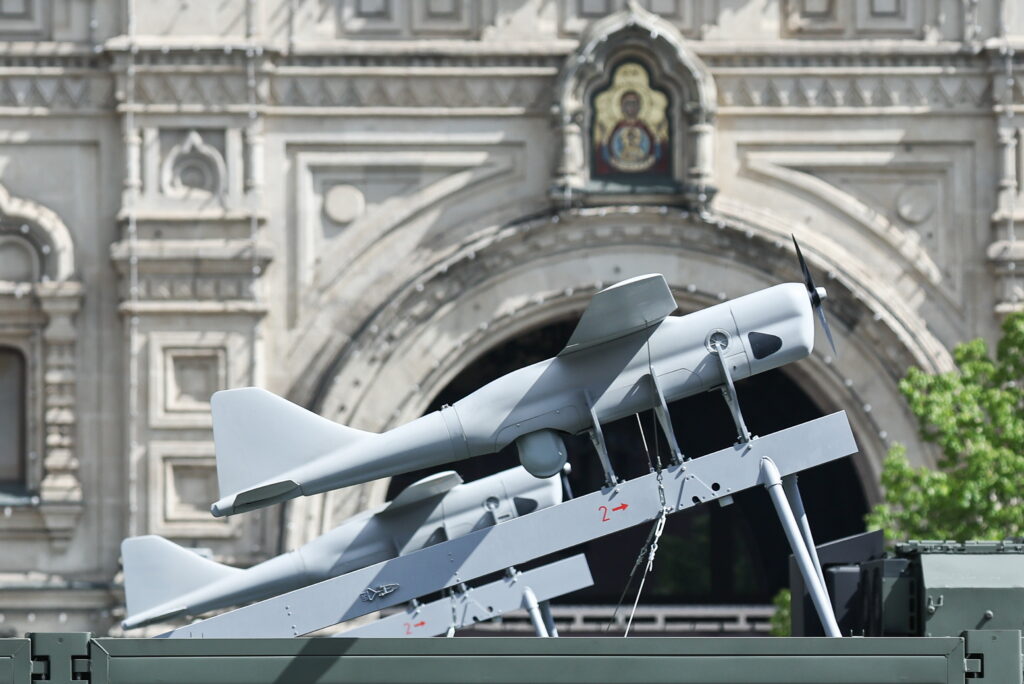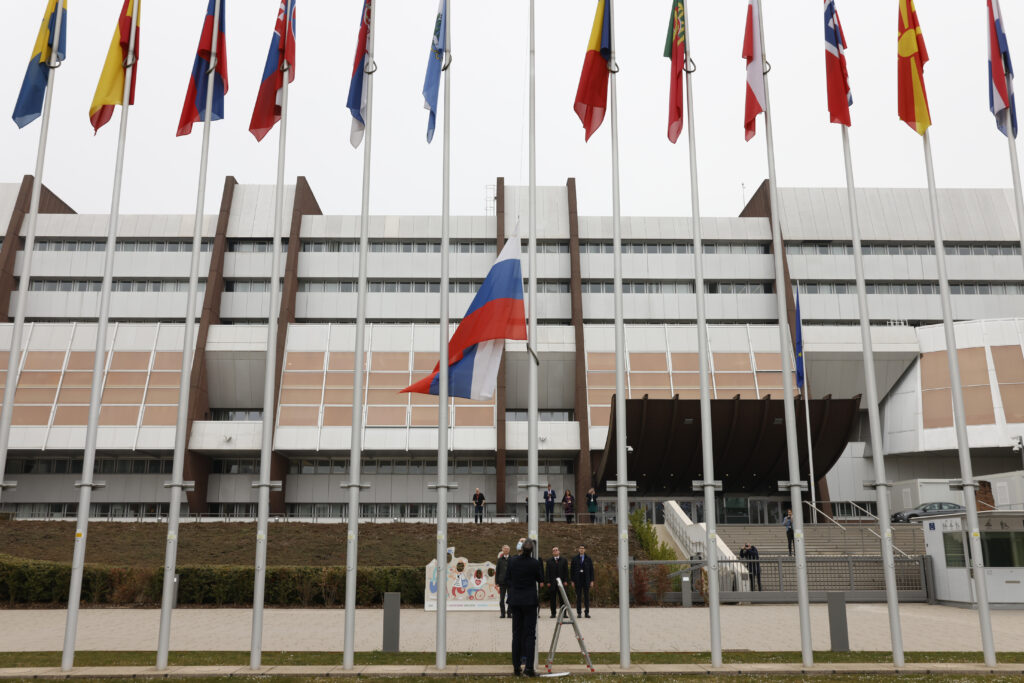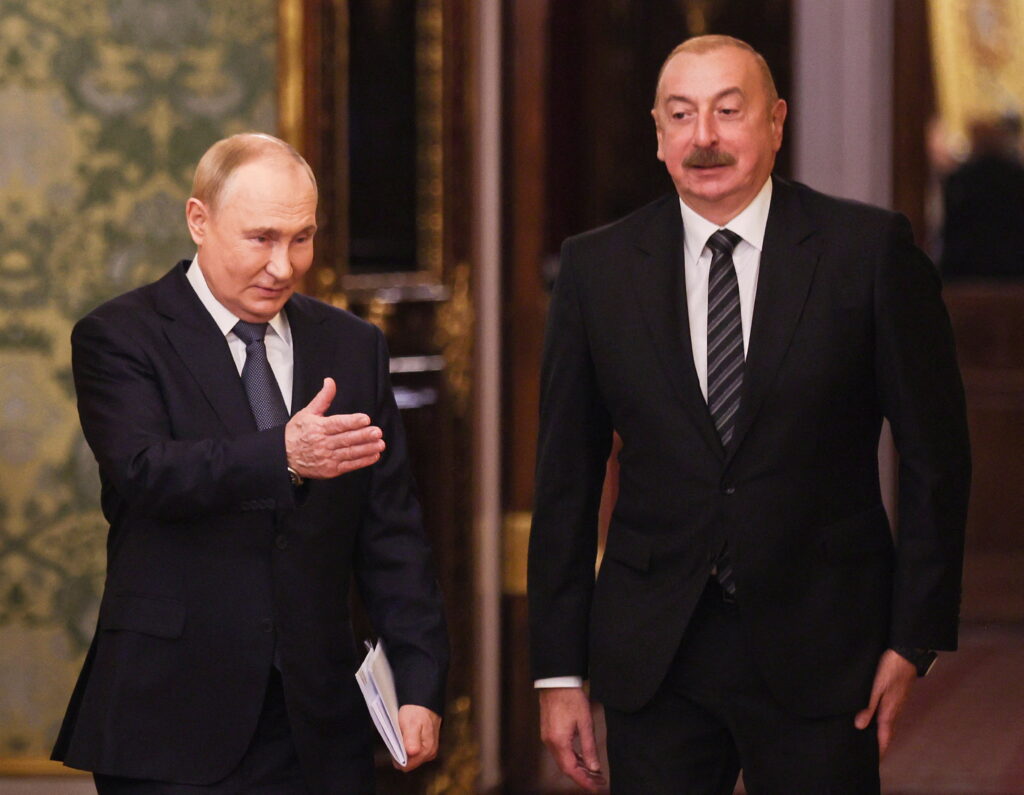G7 summits tend to arouse keen interest in Moscow. Over the last five years, Russia has been a ghost at the G7 feast, usually mentioned with gritted teeth in the context of the war in Ukraine, “all things hybrid”, election meddling, Venezuela, or Syria. In this light, the G7 summit in Biarritz broke with tradition. President Donald Trump, once again, spoke fondly of Moscow; though if he were the lone flatterer, the summit would have not have been so resonant. The surprising part was how Trump was echoed by president Macron of France with his preliminary “reach out” approach to Russia. Does that speech mark a Rubicon of sorts in Western strategic positioning?
Granted, nothing has changed in any concrete terms: members of the G7 still have a long list of demands and grievances ranged at Moscow; in return, the Kremlin seems hell-bent on a policy of no apologies and no significant behaviour change. Still, the notion of bringing Russia back to the G7 is popping up once again, though it is not thanks to Moscow suddenly being seen as an indispensable power that the G7 needs, say, to help deal with raging fires in the Amazon. Rather, the beckoning of Russia back from the cold is more a reflection of how Paris and Washington look at Beijing.
Naturally, this ranks Russia as a power that, aligned with China, makes Beijing look stronger and scarier; thus Russia becomes of interest to the West despite all its uncomfortable truths. This narrative, of course, isn’t new; what is different is the fresh intensity of G7 leaders and the tone of their messaging to Moscow.
Despite the lack of common values that could unite Russia and the G7 today (don’t forget that Putin “made” liberalism obsolete), despite Ukraine and election meddling and the support of illiberal forces within EU, it seems time is working on Moscow’s side. A small scale example is the Russia’s return to full voting rights with PACE with no consequences or “lessons learned”.
Thus Moscow presumably now learns that the closer to Beijing that Moscow seems to Macron and Trump, the less “ugly” become Russia’s mistakes of the past few years. Naturally, Moscow would never openly risk its friendship with China for some abstract offer to make the G7 G8 again, or for coming back to any other talking format; but Moscow did reply right away, basically saying – “you go ahead and invite us and we’ll think about it”.
Its’s not about the G7
Russian foreign policy experts are unanimous in agreeing that a straightforward return to the G7 makes little sense to Moscow now. Moreover the very fact of coming back (let’s allow this as a thought experiment) would make Beijing ask questions that Moscow does not want to answer. As Andrei Kortunov remembers the history of Russia’s membership in the club of the developed democracies of the West, he points out that the “status” was something that Yeltsin was excited about; yet even by Putin’s first term the “status” was not enough for him, let alone later years of Russia’s membership; Putin felt much more comfortable around the table of the G20. The Russian foreign policy thinker Fyodor Lukyanov reminds his audience that even if Russia were to come back, it would hardly be able to play one member of the West against the other, in the same way it was unable to cleave Europe away from the US after the beginning of the Iraq War. Another expert, Andrey Sushentsov, points out that the G7 today is a club with no unified position, torn by its inner differences; moreover, he adds that Russia could only expect to be brushed down for its misdeeds if it was to return like a prodigal son.
Still, there is a temptation in Moscow to see how far the West would be willing to go. Sushentsov hints that it would be nice to ease the sanction tension which would definitely make the dialogue livelier and more interesting. Kortunov recommends a G7+1 format under conditions that Russia would not be talked down to for its previous actions. Lukyanov sees a more philosophical approach, calling for Russia to “overcome the dichotomy “West or East” in favour of “West and East”.
Nevertheless, most experts take potshots at the perceived loss of status of the G7 itself, be that due to internal conflicts and contradictions, like Trump vs. “collective Trudeau,” or via reminders that there are the “growing” BRICS, the G20 and manifold other formats which could be used as fora to solve global problems.
What is important for Moscow here is to see the West desiring, as in the case of PACE, to start dealing with Russia, but without expecting Russia to compromise very much, if at all. In some sense, Russia’s position has not changed since 2014, when by annexing Crimea, Russia laid down a gauntlet to the West to reconsider the rules of the game. Here comes the simple conclusion: the marvelous idea of Russia-West rapprochement today is unrealistic. Mostly that due to principles, which lead to wildly approaches that Russia and the West have to international affairs; it is simply too much to ask to find meaningful, reliable common ground. Broadly speaking, Moscow isn’t ready to come back to “the West” without a major reconsideration of principles of international law and global decision making in general. Though is by far larger and much riskier of a change for the West than to swallow than whether or not it should do anything to thwart any burgeoning Russia-China friendship. What could be positively achieved through this newfound interest to “bring Russia back” onside; what would happen by lowering of sanctions tension and targeted work on issues like Syria, Ukraine, North Korea, Venezuela and Arms Control. But you don’t need the G7 to deal with that, either.
Too late or too soon
Paradoxically, what is being proposed here, especially in the wording of Macron, is the idea of Greater Europe that Russia and European countries have been unsuccessfully building these past 30 years. It seemed that Russia has parted with this vision back in 2014 when it took Crimea and gained its “grandpowerness”, leaving all hope for considerable rapprochement with the West in the past. The West had recognized the loss of Russia and Russia had pivoted towards the Asia.
The brutal reality is that both Europeans and the Americans did not have enough forward thinking three decades ago to institutionally make Russia a part of the West. That was what made the notion of the Greater Eurasia of China and its de-facto “junior partner Russia” possible to begin with.
Today, proposals like the one Macron made could only be a good draft for a hypothetical future when the Russian leadership would be ready to consider the idea of Greater Europe or even Greater West without turning upside down the value and institutional framework of the “union of democracies”. Naturally, we could long argue what constitutes a “proper democracy” or being “liberal” in the context of Russia to recognize it as truly a part of the West. But clearly, Putin’s Russia is far from it. Then again, considering the multispeed development of the European space in general, the criteria of liberalism and democratic institutions are becoming less dogmatic, which allows for more space in interpreting the “properness” of those definitions. Without calling for the end of a fight to continue perfecting democratic institutions, we should pay attention to the transformation of power in Russia (whenever that might be) in order to come back to Macron’s ideas, but with a more practical angle, and a resolve to build a Greater Europe from Lisbon to Vladivostok, perhaps even to Greenland.
